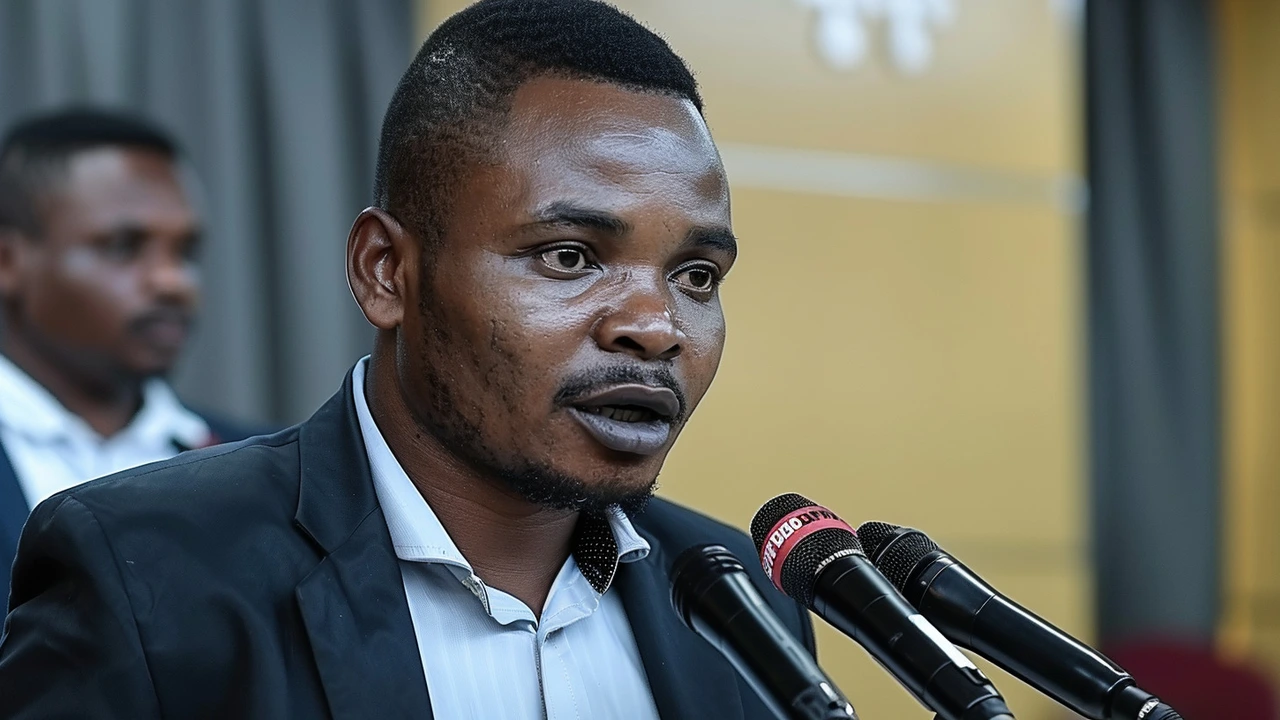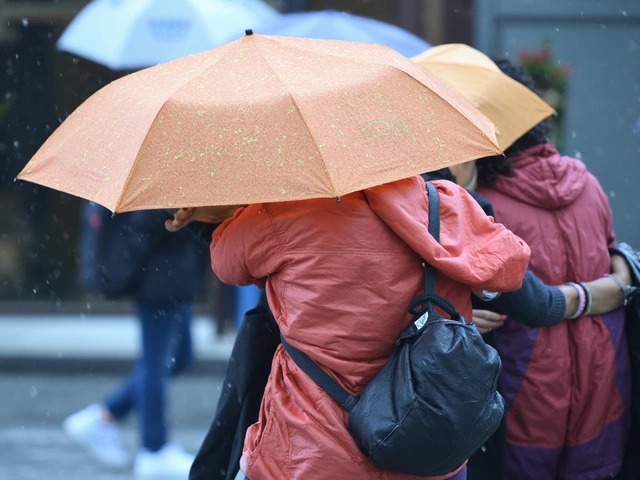State Moves to Revoke Bail for ANC MP Sibusiso Kula on Witness Tampering Charges
The case against ANC Member of Parliament Sibusiso Kula has taken a significant turn as the State has formally requested the High Court in Klerksdorp to revoke his R50,000 bail. Accused of murdering his 31-year-old wife Jennifer in November 2022, Kula’s legal woes have deepened with new allegations of witness tampering.
Jennifer Kula’s body was discovered in their home in Kanana township, sparking a thorough investigation that led to Kula’s arrest in January 2023. As the legal proceedings unfolded, the prosecution, headed by Advocate Dalton Tshinyani, presented compelling reasons to detain Kula despite his previous bail approval.
Allegations of Breached Bail Conditions
The State’s primary argument hinges on accusations that Kula has flagrantly violated his bail conditions. According to Advocate Tshinyani, Kula attempted to approach and influence key witnesses in the case. The prosecution is prepared to unveil substantial evidence including a video allegedly capturing Kula’s visit to a police officer in holding cells. Moreover, witness statements suggest that Kula tried to persuade them to alter their testimonies, compromising the integrity of the judicial process.
Kula has been charged with a litany of offenses ranging from murder to defeating the ends of justice, contravening the Domestic Violence Act, and making false statements. Despite a prior effort to have the case dismissed, Kula remains under intense scrutiny, with the potential tampering allegations only exacerbating his legal predicament.
The Context of the Case
To understand the gravity of the situation, one must appreciate the background of this harrowing case. Jennifer Kula’s untimely death was a devastating event that shook the Kanana township community. Initial reports indicated that she had been a victim of domestic violence, an issue that sadly echoes throughout many communities in South Africa.
Moreover, the involvement of an ANC MP magnifies the public interest and concern. Allegations against a sitting Member of Parliament not only question individual morality but also cast a shadow over the political landscape. Thus, the stakes in Kula’s case are extraordinarily high, further incentivizing the State to pursue strict enforcement of legal conditions.
Prosecution's Strategy and Evidence
The prosecution has meticulously outlined a strategy aimed at demonstrating Kula’s attempts to undermine the judicial process. Advocate Tshinyani has hinted at presenting a range of evidence that paints a troubling picture of Kula’s conduct post-arrest. Beyond the alleged video, written affidavits from witnesses add a significant layer of credibility to the State’s claims.
One particular witness, whose name remains undisclosed for safety reasons, has reportedly provided a detailed account of being approached by Kula with an offer to change their statement. Such accounts, if validated, contribute to an insidious narrative of manipulation and deceit, overshadowing Kula’s presumption of innocence.
Implications of Bail Revocation
Reversing bail in such high-profile cases is more than a procedural adjustment; it carries profound implications for the accused and the broader legal framework. If the court sides with the State, Kula will face detention throughout the remaining duration of his trial. This emphasizes the importance of adherence to bail conditions, particularly for individuals embroiled in severe accusations.
From a broader perspective, the court’s decision can set a precedent for cases involving serious allegations against public figures. Upholding strict bail enforcement could serve as a deterrence for future transgressions by officials, thereby preserving judicial sanctity.
Kula's Defense and Response
Sibusiso Kula’s legal team, on the other hand, is expected to vehemently oppose the State’s request. Arguing that there is insufficient evidence to warrant bail revocation, Kula’s defense might seek to discredit the prosecution’s claims. They may argue that witness statements are not reliable or are motivated by external pressures.
Furthermore, Kula’s side could push for a narrative that emphasizes his commitment to the legal process, contending that any alleged contact with witnesses was inadvertent. They will likely advocate for Kula’s continued release, citing his right to freedom pending a fair trial.
The Legal Landscape and Public Opinion
The developments in Kula’s case undeniably reflect broader societal and legal dynamics. South Africa’s justice system, while robust, often navigates public skepticism, particularly in cases involving high-profile individuals. The ANC MP’s case, with its intricate blend of political and personal tragedy, underscores the crucial balance courts must maintain between rigid legal standards and humane considerations.
Public opinion remains splintered. While many demand stringent actions against Kula, reflecting a zero-tolerance stance towards domestic abuse and judicial interference, others call for a carefully measured approach that ensures all legal procedures are meticulously followed.
The Way Forward
The High Court’s forthcoming decision on bail revocation will not only impact Kula’s immediate circumstances but will also ripple through legal and political arenas. For the judiciary, it is an opportunity to assert the unwavering enforcement of legal provisions. For Kula, it is a decisive moment that could redefine the trajectory of his life and career.
As the story continues to unfold, it remains a poignant reminder of the intricate interplays of law, morality, and public duty. The case of Sibusiso Kula serves as a pivotal instance where judicial rigor confronts human frailty, with far-reaching consequences on both fronts.






